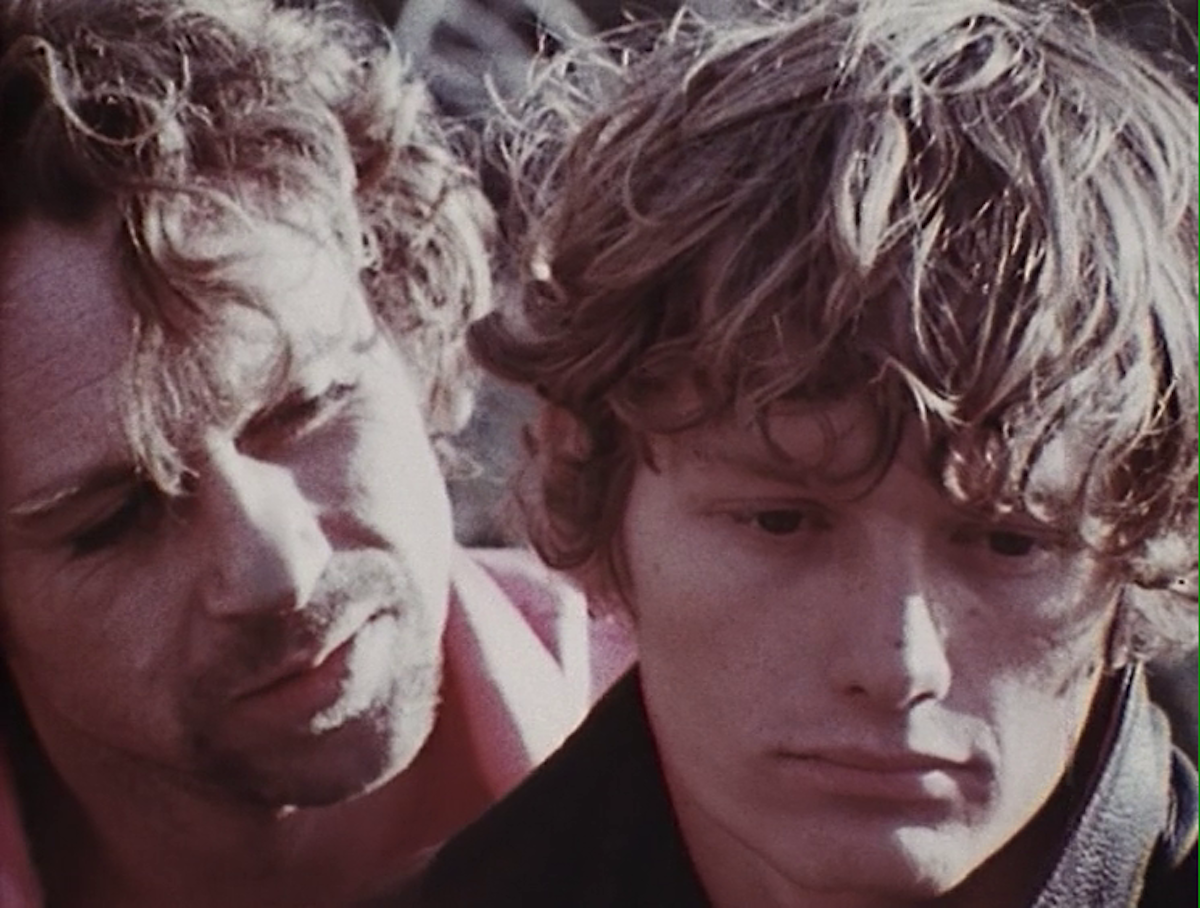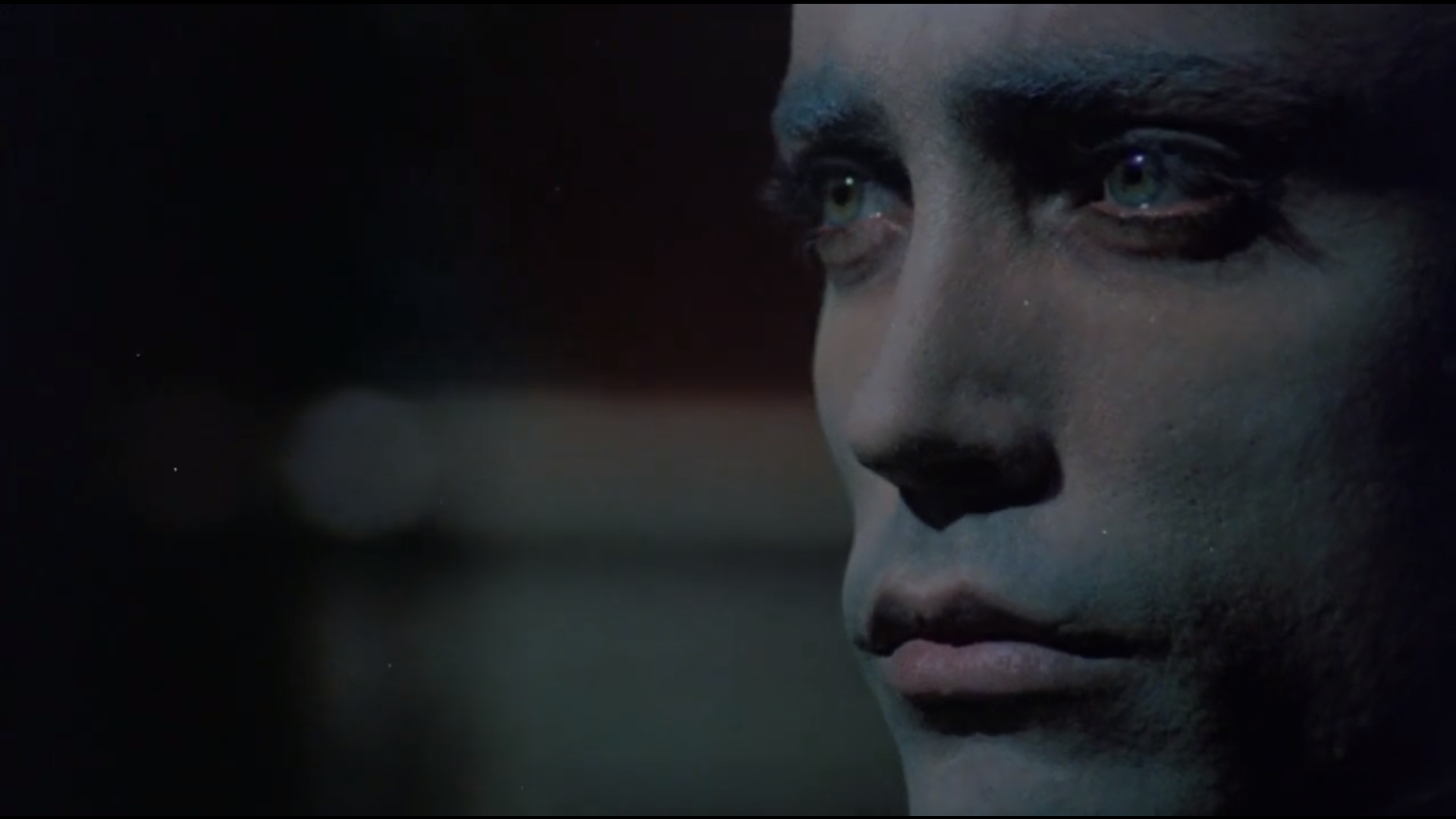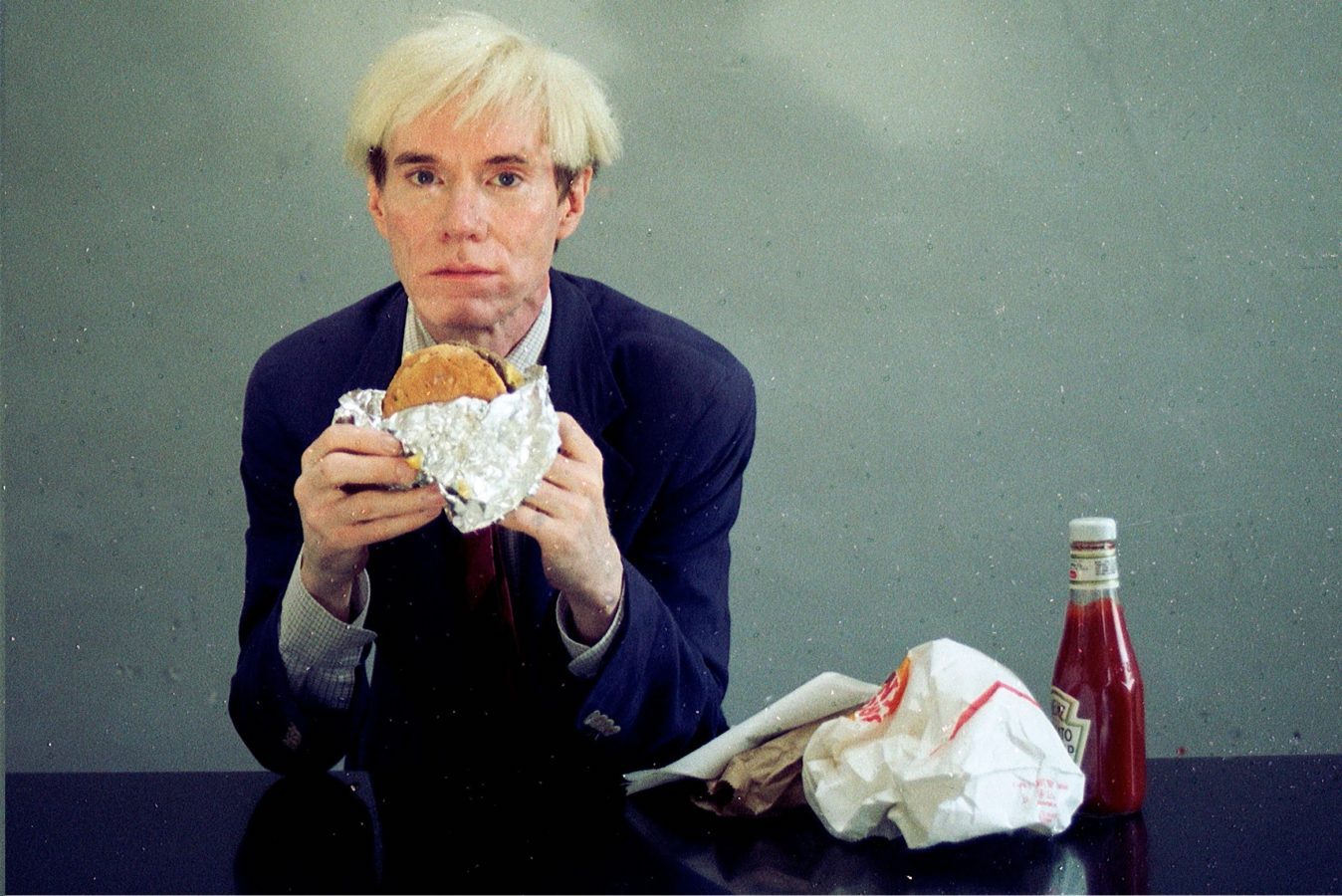A new dossier of short texts on the cinematic work of Andy Warhol.
Vested Interest – ‘My Hustler’
by Luise Mörke “I could introduce you to people… interesting people,” Ed Hood’s character in My Hustler (1965) promises the object of his desire (Paul America) in exchange […]
‘Vinyl’
by Will Sloan It’s cliché to observe that Andy Warhol’s filmography resembles the evolution of cinema itself. Warhol begins, as did Edison and Lumière, with silent films that […]
Riding Lonesome – ‘Lonesome Cowboys’
by Caden Mark Gardner Lonesome Cowboys was shot in the Arizona winter of 1968, a year before Easy Rider became the counterculture crossover hit to polarize America, months […]
Warhol and Morrissey’s Horror Double Feature – ‘Flesh for Frankenstein’ and ‘Blood for Dracula’
by Nel Dahl Low-budget horror cinema’s potential to unexpectedly reverse its initially mixed reception is epitomized by the strange afterlife of Paul Morrissey’s Andy Warhol-produced double feature, Flesh […]
Red Sauce and Sugar Blues – ‘Andy Warhol Eats a Hamburger’
by Tobias Rosen In March, during the most stringent period of Germany’s lockdown, my partner decided to visit her parents for a week and leave me in our […]
‘Kiss’
by Ruairí McCann The kiss, that flashpoint of intimacy, communication, and the present tense, has been the subject of art since its prehistory. In Andy Warhol’s Kiss (1963-64), […]
Edie and Andy – ‘Poor Little Rich Girl’ and ‘Beauty No. 2’
To tell Andy’s story, you must also tell the story of Andy’s women: beautiful, fashionable, often tragic, and Edie Sedgwick crucial among them.
‘Outer and Inner Space’
by paul a. As its title vaguely implies, Outer and Inner Space is primarily concerned with personal (inner) and public (outer) spheres of societal life — even as […]










